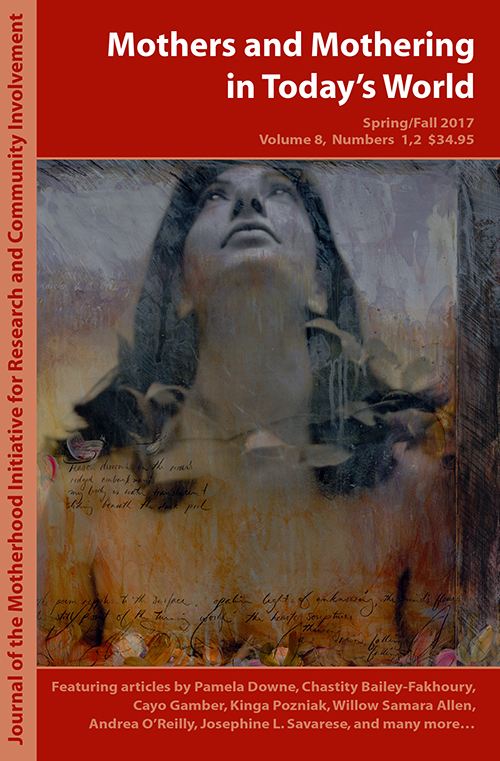"All Those Years, I Kept Him Safe": Maternal Practice as Redemption and Resistance in Emma Donoghue's Room
Abstract
Philosopher Sara Ruddick argues in Maternal Thinking that maternal practice is characterized by three demands: preservation, growth, and social acceptance. “To be a mother,” Ruddick argues, “is to be committed to meeting these demands by works of preservative love, nurturance, and training” (17). The first duty of mothers is to protect and preserve their children: “to keep safe whatever is vulnerable and valuable in a child” (80). The second demand requires mothers to nurture the child’s emotional and intellectual growth. The third demand of training and social acceptability of children, Ruddick emphasizes, “is made not by children’s needs but by the social groups of which a mother is a member. Social groups require that mothers shape their children’s growth in ‘acceptable’ ways. What counts as acceptable varies enormously within and among groups and cultures” (21). The article examines how the mother in the novel Room performs the three demands of maternal practice in both captivity and freedom. It considers how her strategies of preservation and care—in particular keeping her son with her in Room, her close bond with her son, and her act of extended breastfeeding—are reconstructed as bad mothering upon freedom as the first strategy is read as maternal selfishness and the second two are read as violations of social acceptability, particularly for a male child. The article argues that only when the mother reclaims the maternal authenticity of her maternal practice in Room can she and her son reclaim their connection and achieve healing.Downloads
How to Cite
Issue
Section
License
All intellectual property in relation to material included on this site belongs to the Motherhood Initiative for Research and Community Involvement (MIRCI). All material on this site is protected by Canadian and international copyright and other intellectual property laws. Users may not do anything which interferes with or breaches those laws or the intellectual property rights in the material. All materials on the Motherhood Initiative for Research and Community Involvement (MIRCI) are copyrighted and all rights are reserved. Any reproduction, modification, publication, transmission, transfer, sale, distribution, display or exploitation of the information, in any form or by any means, or its storage in a retrieval system, whether in whole or in part, without the express written permission of the Motherhood Initiative for Research and Community Involvement (MIRCI) is prohibited. Please contact us for permission to reproduce any of our materials. This site may include third party content which is subject to that third party's terms and conditions of use.


